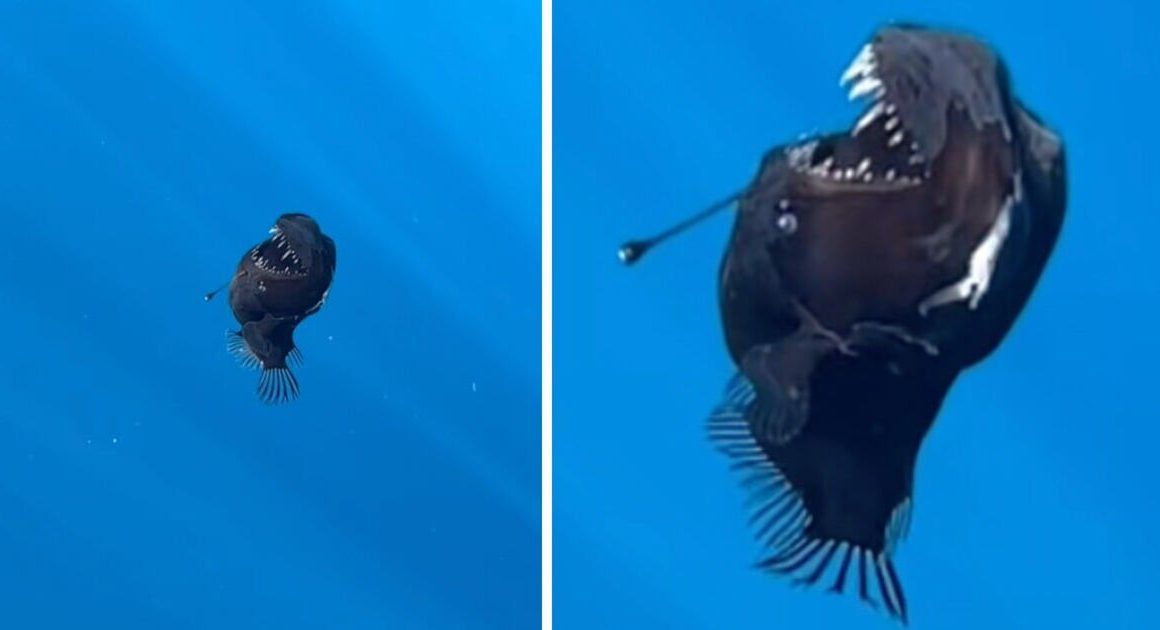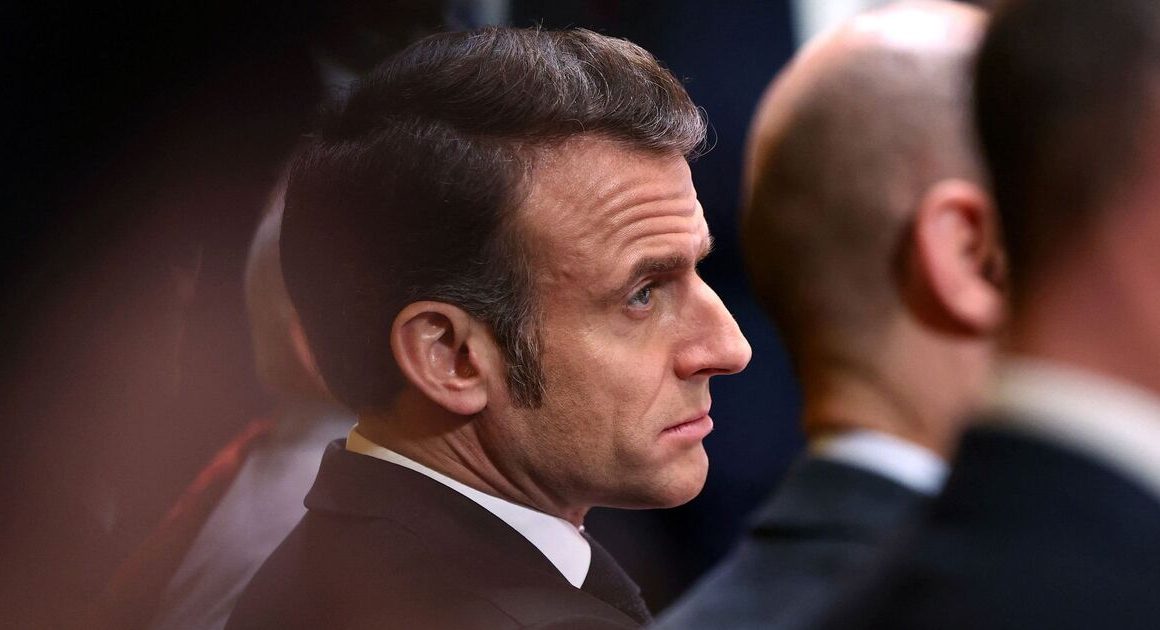U.S. President Donald Trump on Monday signed an executive order aimed at encouraging the U.S. government and consumers to buy plastic drinking straws, pushing back efforts by his predecessor to phase out single-use plastics and tackle waste.
“We’re going back to plastic straws,” Trump told reporters at the White House as he signed the order, saying that paper straws “don’t work.”
“I don’t think plastic is going to affect a shark very much, as they’re munching their way through the ocean,” Trump said.
The order says the U.S. government “stop purchasing paper straws and ensure they are no longer provided within federal buildings.” It also orders the government to come up with a national strategy to end the use of paper straws within 45 days.
Trump’s Democratic predecessor, president Joe Biden, had proposed environmental measures to lower consumption of non-biodegradable single-use plastics, which damage ecosystems and contaminate food supplies. His administration also backed a global treaty aimed at putting a cap on plastic production.
Monday’s executive order was part of a broader weakening of environmental commitments by Trump, who in one of the first acts of his second term removed the United States from the Paris climate agreement for the second time.
Trump also rescinded a Biden administration policy to end the use of all single-use plastic products on federal lands by 2032.
WATCH | Why it’s so hard to end plastic pollution:
Thousands of delegates are in Ottawa trying to hammer out an historic treaty to end plastic pollution, but the road to get there is littered with hurdles. CBC’s Susan Ormiston examines why it’s so hard to curb the problem and what it will take for the world to agree on a plan.
Dozens of countries have imposed bans on various kinds of single-use plastics, produced mainly through petrochemicals and used to make shopping bags, bottles and other disposable items.
Canada’s government had listed plastic items as toxic in order to ban the sale of some plastic items, including plastic checkout bags, cutlery, food service ware, stir sticks and straws. However, a number of big companies in the plastic industry challenged the listing in court. In 2023, a federal court judge ruled the listing as “unreasonable and unconstitutional.” The federal government is appealing the ruling.
WATCH | Federal court overturns single-use plastic ban:
Many single-use plastics were set to be banned across the country in December, but the Federal Court ruled it unconstitutional on Thursday. But it still may not mean a comeback for plastic bags and straws.
If no new controls are introduced, the amount of plastic waste dumped into the environment is projected to rise from 81 million tonnes in 2020 to 119 million tonnes in 2040, according to OECD research published last year.
Negotiations on a global treaty to control plastic pollution broke down last year, with major plastic-producing nations reluctant to commit to binding output caps.
Negotiations are set to resume this year, but Aleksandar Rankovic, director of the Common Initiative, an environmental think-tank, said he would not be surprised if Washington now pulled out of the talks.
“With the new administration’s pro-oil and gas stance, one can expect the U.S. to converge with countries like Russia and Saudi Arabia and oppose the adoption of global goals to reduce plastic production,” he said.












